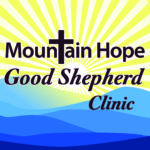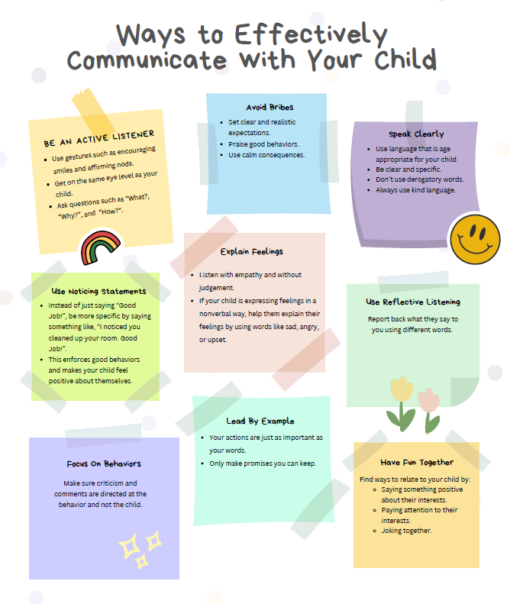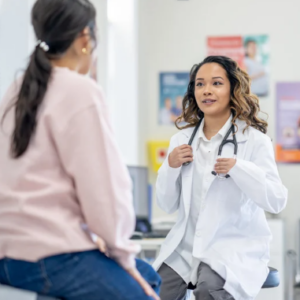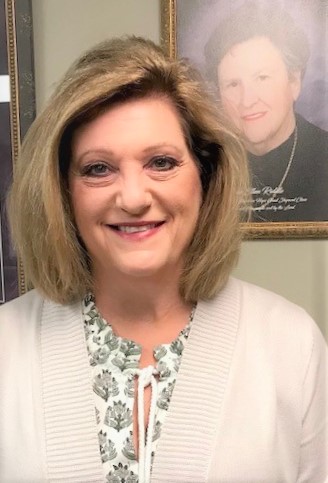As November unfolds, we at Clínica del Buen Pastor Mountain Hope are observing National Diabetes Education Week, which takes place from November 7th to 13th. This dedicated week serves as a crucial opportunity to raise awareness about diabetes and promote healthier lifestyles. In this blog, we will delve into the significance of National Diabetes Education Week and explore the development of diabetes over time and share valuable tips for maintaining a healthy diet.
The Importance of National Diabetes Education Week
Diabetes is a prevalent health condition that affects millions of people worldwide. It’s a chronic disease that impacts the way your body processes glucose, the primary source of energy for your cells. National Diabetes Education Week aims to educate individuals, families, and communities about diabetes, its prevention, and management. Through awareness and education, we can empower individuals to make informed choices for a healthier future.
Understanding the Development of Diabetes Over Time
Diabetes doesn’t typically develop overnight; it’s a gradual process. Here’s a brief overview of how it evolves:
- Genetic Predisposition: Family history can influence your risk of developing diabetes. If close relatives have diabetes, you should be vigilant about your health.
- Lifestyle Factors: Sedentary living, poor dietary choices, and obesity can increase your risk of developing type 2 diabetes.
- Pre-Diabetes: Before diabetes fully develops, many individuals experience pre-diabetes, characterized by higher-than-normal blood sugar levels. This is a critical point for intervention through diet and exercise.
- Diabetes Diagnosis: If blood sugar levels remain consistently high, you may receive a diabetes diagnosis. Type 2 diabetes is the most common form, often associated with lifestyle factors.
Tips for a Healthier Diet
A crucial aspect of preventing and managing diabetes is maintaining a balanced and healthy diet. Here are some tips to help you make smarter food choices:
- Embrace a Variety of Foods: A diverse diet ensures you receive a wide range of nutrients. Incorporate lots of non-starchy vegetables, along with fruits, vegetables, lean proteins, whole grains, and healthy fats into your meals. Eat fish at least 2 times per week and use non-fat or low-fat dairy products.
- Monitor Carbohydrate Intake: Carbohydrates have a significant impact on blood sugar levels. Be mindful of portion sizes and choose complex carbohydrates like whole grains and legumes.
- Control Sugar Intake: Limit your consumption of sugary foods and beverages. Opt for sugar alternatives like stevia or agave nectar when needed. Skip the soft drinks and sweet tea as an easy way to remove a lot of excess sugar from your diet.
- Pay Attention to Portion Sizes: Overeating can lead to weight gain, which is a risk factor for diabetes. Use smaller plates to control your portions and avoid going back for seconds. You can use your hand as a portion guide: a loose fist is about 1 cup, your palm is about 3 ounces, and a thumb equals about 1 ounce or 1 tablespoon.
- Hydrate with Water: Choose water over sugary drinks and sodas. Staying hydrated is essential for overall health.
National Diabetes Education Week serves as a reminder of the importance of education and awareness in the fight against diabetes. By making informed dietary choices, understanding your Body Mass Index (BMI), and recognizing the gradual development of diabetes, you can take proactive steps toward a healthier future. At Clínica del Buen Pastor Mountain Hope, we’re committed to providing support and resources for those affected by diabetes and encouraging everyone to adopt healthier lifestyles. Join us in spreading awareness and promoting education during this special week and beyond. Together, we can make a difference in the lives of those living with diabetes and work toward a healthier world.






